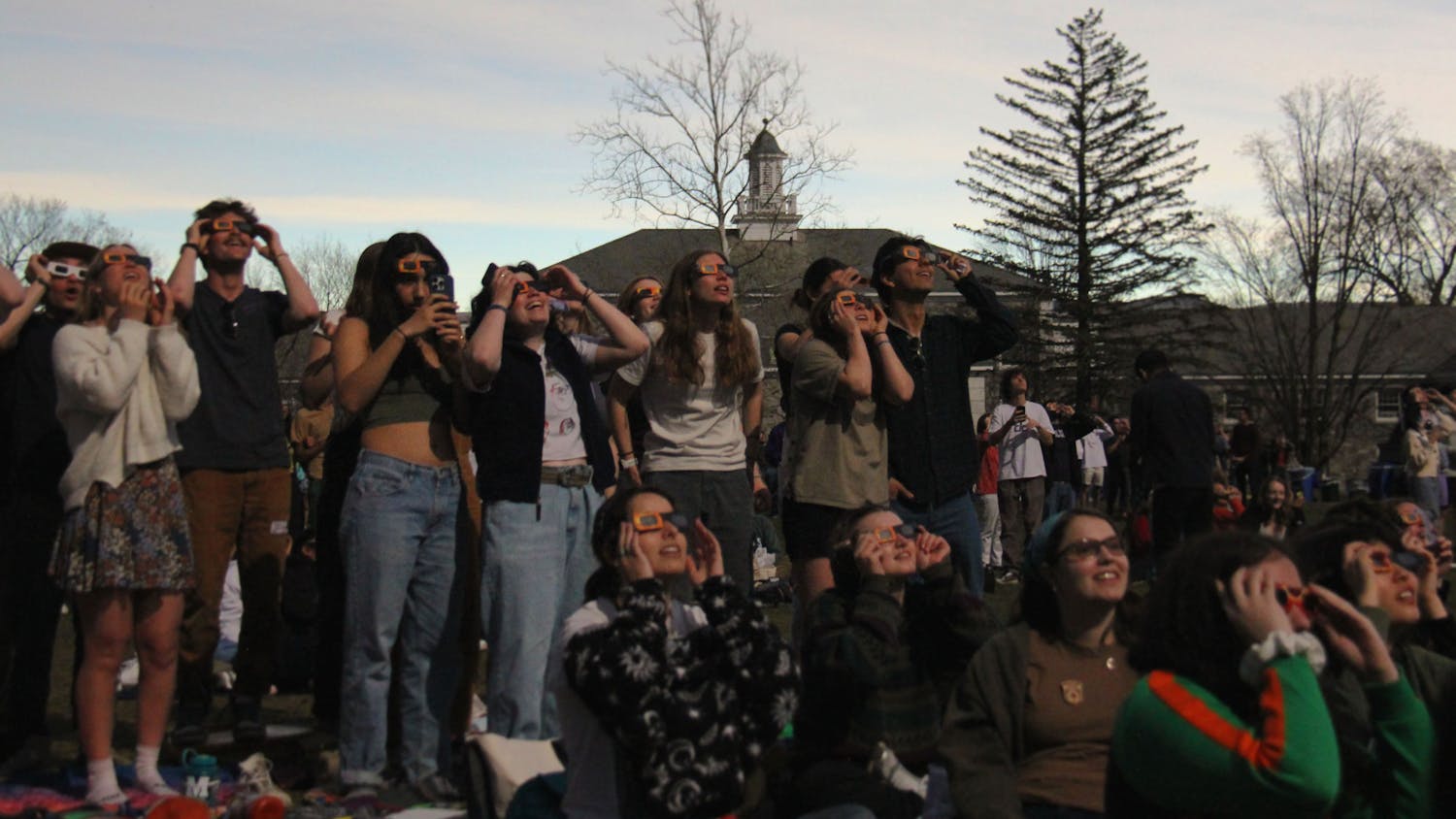When the trustees were here last weekend, I shared a compelling article with them — “5 Ways Today’s Students Are Radically Changing Our Colleges” from AGB Trusteeship magazine. The article reviews the findings of a six-year national study involving 33 campuses and thousands of students and concludes that students today are “different from their predecessors in ways that have profound implications for colleges.” Three similar studies were conducted between 1969 and 1993.
I would like to share some of the findings with you because you might find them interesting. To me, they raise a fundamental question: what is Middlebury’s role in educating today’s 21st-century students, and how flexible do we need to be to meet their needs?
The article states that the primary differences between students today and their predecessors are:
“Today’s undergraduates are the first generation of digital natives.”
“Undergraduates are older, fewer live on campus and more attend part time.”
“Students are products of the worst economy since the Great Depression.”
“They are more immature, dependent, coddled and entitled.”
“They are the most diverse generation in higher education history.”
For this column, I would like to talk about two in particular.
Digital natives: Operating in a 24/7 universe, in which almost everything is instantly accessible, is an unprecedented societal change. The article notes a “mismatch” between the students and institutions of higher ed that conduct business in real time and in real locations and use more linear, passive learning tools, such as lectures and books. Digital natives, however, “prefer active and concrete learning involving applications, games and collaborations.” They tend to gather information as needed and “don’t understand that plagarism is wrong” because, for them, sharing in all forms is routine, highlighting another possible incongruity as we struggle to enforce our academic-honesty policies. How should colleges deal with the fact that their students exist in an entirely different realm of experience than the faculty and administrators?
Additionally, digital natives are more comfortable texting than talking. Many people have observed that students today are not as skilled in interpersonal communication and that they don’t have the necessary tools to cope with conflict. Again, does Middlebury have a role to play here? It’s intriguing, for example, to think about interventions that would raise awareness and encourage face-to-face interaction: instituting campus-wide digital-free days or weeks, requiring conversations like JusTalks, establishing device-free zones.
Immature, dependent, coddled and entitled: The article describes students who rely on their parents more heavily than previous generations did; they are not as independent or self-reliant. Two-fifths reported that they phone, e-mail or text their parents daily and one-fifth reported being in contact three times a day or more. The article also noted that students report feeling isolated, lonely, having “overwhelming anxiety” and being “psychologically exhausted.” They “require significantly more psychological and emotional support.”
My colleagues and I are concerned about the psychological stresses students face, often well before they get to college, and the resiliency that many students don’t possess. I would like to understand this better from your perspective and experience. Your observations, reactions and suggestions about any of the topics raised in the article may help us find ways to respond to students’ emerging needs. Most importantly, are there aspects of these findings that call for students to push themselves to claim a different experience in college? Do you want something different from Middlebury or something different from yourself and your peers?
Copies of the article are in my office for anyone wishing to read it. It is not available online, so come by and see me in person (smile).
One Dean's View: Today's Students Are Changing Colleges
Comments



